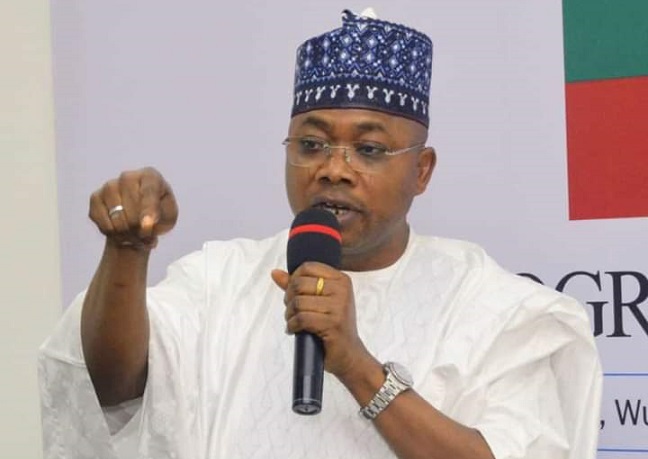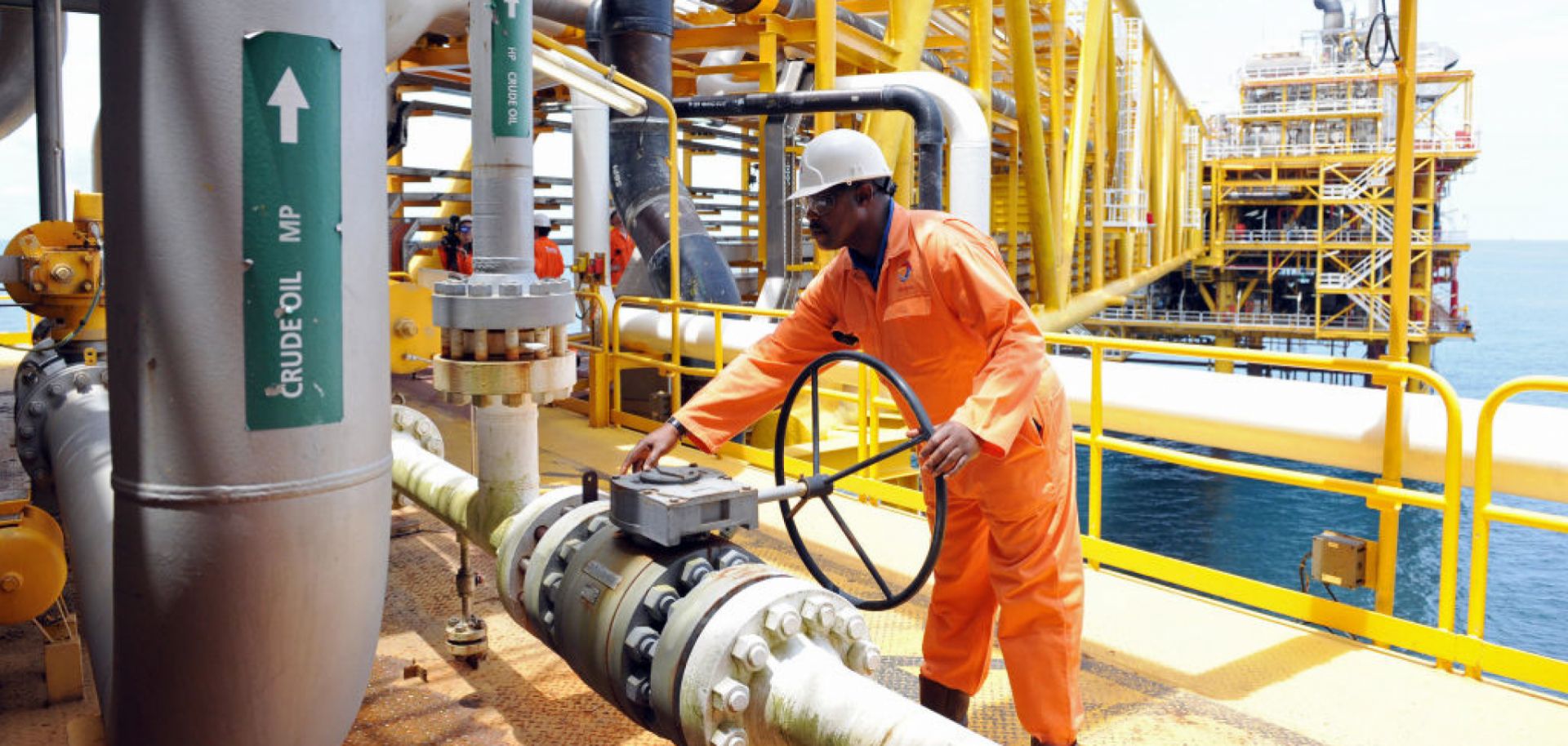It has been a turbulent year for Africa’s top oil producers, with global oil demand falling 11% in the first half of 2020 and OPEC+ eliminating 9.7 million barrels per day from the market in a historic agreement last April.
African producers are now attempting to increase output to pre-COVID-19 levels as OPEC progressively reduces production curbs, amidst a rise in oil prices and an increased exploration push.
Here’s a list of the top ten oil-producing countries in Africa
Nigeria
Leading the way, Nigeria plans to expand its hydrocarbon industry over the next five years by launching over 100 oil and gas projects, 25 of which are upstream. Over the following two years, the Nigerian Petroleum Development Corporation has promised to increase output by 250,000 bpd. Nigeria is ranked first on this ranking even though Libya has the continent’s greatest oil reserves. Nigeria has the advantage because of its highest production rate.
Libya
After a blockade of the nation’s oil export terminals reduced output to less than 200,000 barrels per day, Libya’s output levels returned to pre-blockade levels toward the end of 2020, and it is expected to normalize in 2021. A $1.6 billion budget for infrastructure upkeep and oilfield expansion was recently authorized by the Libyan government, allowing the National Oil Corporation to meet its two-year objective of 1.6 million barrels of production per day.
Angola
Angola was expected to witness an increase in oil production before the start of COVID-19 and the production curbs led by OPEC. Through a six-year licensing period, a simplified national oil firm that focuses only on E&P activities, and a revised contracts and awards management procedure that encourages exploration, the nation has been reviving its industry.
Algeria
Algeria, which has the second-largest oil reserves on the continent, produced at a comparatively steady pace of about 1.1 million barrels per day prior to COVID-19, despite a recent fall in output. As a result, the government promised to restructure state-owned Sonatrach in order to increase oil and gas exploration activities in collaboration with foreign businesses. Egypt
By investing one billion dollars in new oil and gas exploration in the Western Desert between now and 2022, Egypt hopes to double its daily output of crude oil. Furthermore, the Egyptian government and foreign operators for oil and gas exploration inked 84 petroleum agreements between July 2014 and June 2020.
Republic of Congo
The Republic of Congo’s extractive industry is dominated by offshore oil and gas, and during the past ten years, the nation has been able to offset its drop in output by bringing some projects online, notably Moho-Bilondo, its first deep-water field.
To increase exploration efforts, Zenith Energy obtained a new 25-year license at the beginning of the year to continue operating the Tilapia oilfield, and an aerial gravity gradient study with several clients is presently being carried out in the Cuvette Basin area.
Ghana
Ghana now has a positive long-term production prognosis with to the abundant Jubilee and Ten oilfields’ strong performance and growing international investment in offshore basin expansion. The Deepwater Tano Cape Three Points field, which is managed by Aker, is one of the new developments that will likely cause oil output to more than quadruple to 420,000 barrels per day.
Gabon
Due to OPEC-led production cuts that have decreased output by more than 100,000 barrels per day, as well as the maturity of numerous fields and a lack of investment to replace production bases, Gabon’s oil production has been dropping. Consequently, the nation is trying to get more money for offshore exploration.
Equatorial Guinea
In 2021, the Ministry of Mines and Hydrocarbons of Equatorial Guinea plans to increase exploration and production efforts and bring in $1.1 billion in foreign direct investment to the oil and gas industry. To counteract diminishing output at the Ceiba and Okume Complex, Trident Energy is now drilling three wells in Block G.
Chad
Chad is thought to have one billion barrels of oil reserves, most of which come from the Doba Basin in the country’s south. Major players include Shell and ExxonMobil. Shell is in charge of the Chad/Cameroon development project, which involves pipeline transportation of petroleum from southern Chad’s oilfields to a marine terminal in Cameroon for export.
Sudan
Sudan has a rich oil resources. Refineries and transportation facilities are situated in the north of Sudan, whereas the majority of the country’s oil deposits are found in the south. A daily average of 490,000 barrels are produced. Production went up for a while since it provided the government of the South with about 98% of its revenue. Since 2003, the output has even more than doubled.











